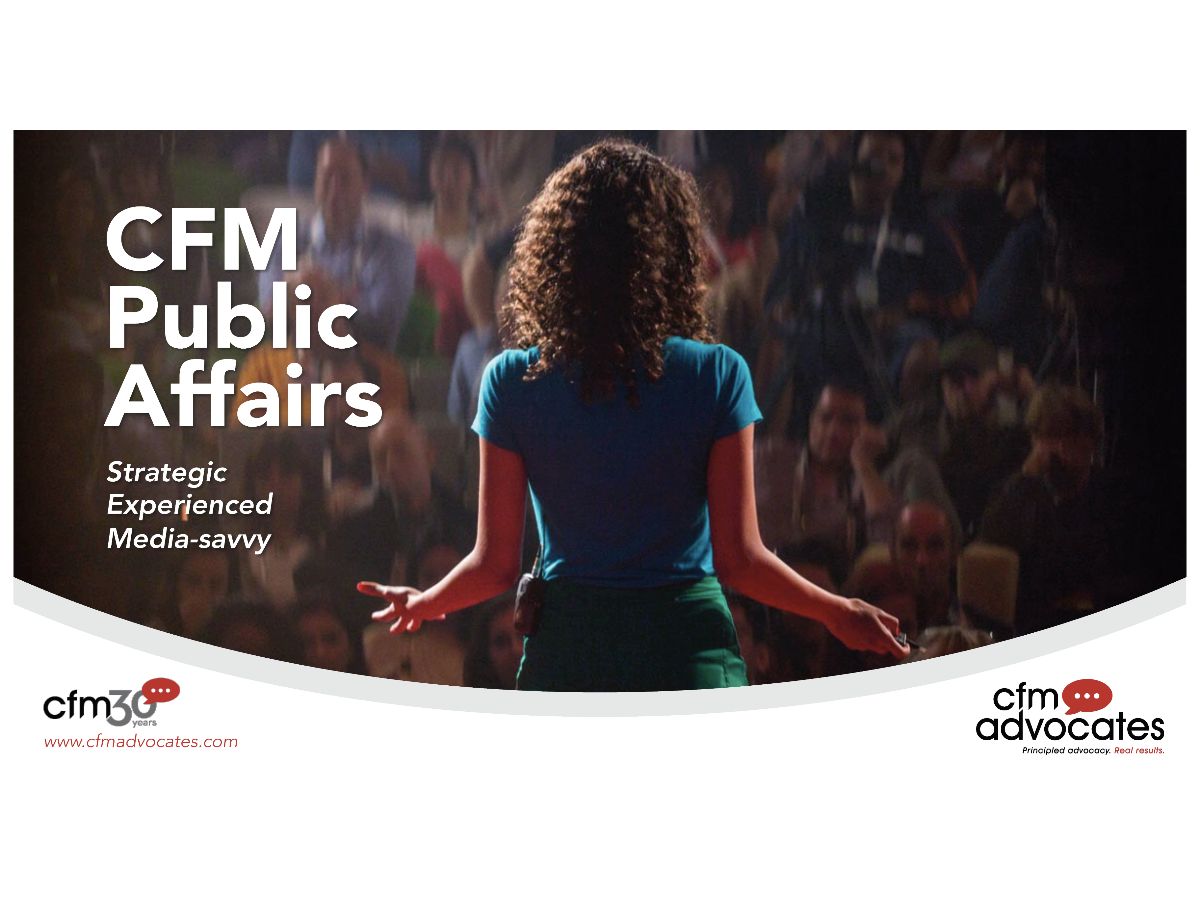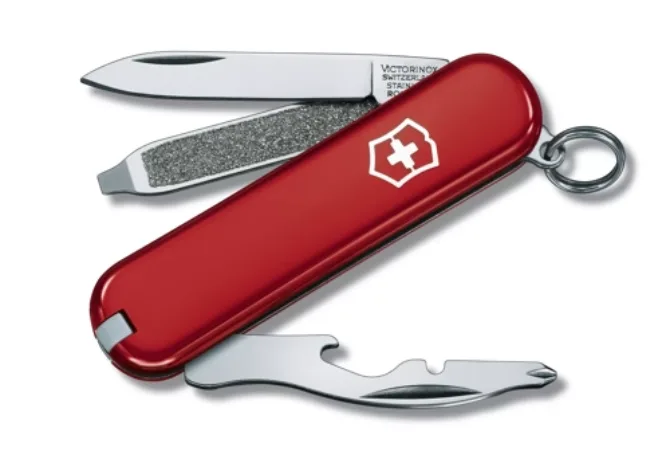
Portable, Personal and Conversational, Podcasts Soar in Popularity
Podcasts have become increasingly popular because they are tailored to particular audiences and you can listen to them anywhere. Some pundits wonder whether podcasts are replacing traditional media. To some extent, maybe they are by turning Spotify into a news hub.
What constitutes traditional media today is constantly evolving. Print newspapers and network evening news broadcasts, once the standard-bearers of information, have been overtaken by digital news outlets, streaming TV and social media feeds. Cable networks pioneered the concept of news tailored to viewers. Podcasts are following the trend of narrowcasting.
 Podcasting was once dominated by big names who could afford production costs and attract audiences willing to pay. Affordable production tools and a growing ability to segment listeners by interests have contributed to the explosive growth of podcasting. There are more than 700,000 podcasts and 29 million episodes to choose from, and the numbers keep expanding. One estimates places global podcast listeners at north of 400 million.
Podcasting was once dominated by big names who could afford production costs and attract audiences willing to pay. Affordable production tools and a growing ability to segment listeners by interests have contributed to the explosive growth of podcasting. There are more than 700,000 podcasts and 29 million episodes to choose from, and the numbers keep expanding. One estimates places global podcast listeners at north of 400 million.
Listeners are attracted to podcasts because they can choose what to hear and when to hear it. Podcasts are portable and don’t require the same level of concentration as reading. Now there are many more podcasters who offer ever-increasing diverse content, from laser-specific information on a topic to laugh-out-loud entertainment.
Unlike social media that emphasizes timeliness and brevity, podcasts provide a deeper dive into subject matter with the advantage you can listen to them on trips, commutes or while cooking, multi-tasking or spending a lonely evening at home.
Some podcasters refer to themselves as useful background noise. Listeners view themselves as hanging out, learning and laughing with friends with common interests.
Walter Cronkite and his successor TV news anchors read the news to their audiences. Podcasters are more inclined to view their audience as a community, often mentioning their comments or responding to their questions. Listeners can associate with a podcaster, even exchange messages on social media with hosts. This intimacy with listeners is hard to replicate in other news media.
A sign of the growing popularity of podcasting, marketers have begun including podcasts in their suite of outreach vehicles. Podcast hosts and content can be chosen to connect with target audiences identified from social media insight-gathering. It’s worth noting that traditional media outlets are adding podcasts to their repertoires. Thought leaders and influencers (or wannabes) have made podcasts a major tool for their outreach.
Podcasting Is Evolving, Too
Like all media, podcasting is evolving. More people are trying it, with varying levels of success. Creating a podcast has become a popular DIY activity, with lots of “experts” offering advice on how to start and what it takes to succeed. Podcasting has more listeners because the selection keeps growing into niches that traditional media never could touch.
 Melissa Guller, CEO of Wit&Wire and a digital marketing expert, explains podcasting popularity this way: “In a lot of ways, podcasts are like listening in on a phone call. I mean sure, sometimes it’s a super well-edited phone call with beautiful background music to set the mood here and there, but what I mean is that someone is in your ear, and you’re hearing their point of view.”
Melissa Guller, CEO of Wit&Wire and a digital marketing expert, explains podcasting popularity this way: “In a lot of ways, podcasts are like listening in on a phone call. I mean sure, sometimes it’s a super well-edited phone call with beautiful background music to set the mood here and there, but what I mean is that someone is in your ear, and you’re hearing their point of view.”
Traditional media no longer sparks conversations, especially in politically divided environments. Podcasts simulate conversations on a wide range of subjects, Guller suggests, which can turn into actual follow-up conversations. “I think that’s why podcasts are so powerful. They offer listeners a chance to hear a fresh perspective on beloved topics, or expand their horizons into worlds unexplored. And as hosts, it’s our responsibility to share a perspective – ours or someone else’s – worth amplifying.”
COVID Gave Podcasting a Boost
The global COVID pandemic was the perfect petri dish to grow podcasting. People were home, bored and hungry for something new and meaty. It was a perfect moment to listen to a black belt karate instructor or the CEO of Goldman Sachs talk about a subject of interest.
 Nancy Marshall, who produces The PR Maven podcast, says, “Podcasting comes down to relationship management. It’s a part of the relationship business, and the best podcasters serve as connectors who build bonds with the people around them – from their interviewees to listeners themselves. The stronger those bonds become over time, the more popular the podcast will become, too. Of course, there’s no “secret recipe” to podcasting, but one of the keys is to nurture a network of people who know, like and trust you.”
Nancy Marshall, who produces The PR Maven podcast, says, “Podcasting comes down to relationship management. It’s a part of the relationship business, and the best podcasters serve as connectors who build bonds with the people around them – from their interviewees to listeners themselves. The stronger those bonds become over time, the more popular the podcast will become, too. Of course, there’s no “secret recipe” to podcasting, but one of the keys is to nurture a network of people who know, like and trust you.”
“Podcasting is a way for people like me to have meaningful conversations with others that can then be shared with a target audience.,” Marshall adds. “It’s a fun, unique way to ask questions of interesting people and learn more about them through their answers. And they’re not just people; they are experts, influencers and thought leaders in their respective fields.”
 Podcaster Voices on Podcasting
Podcaster Voices on Podcasting
A podcaster (naturally) curated a list of 50 quotable quotes from podcasters. Here are a few that give more definition to podcasting’s expanding appeal:
- “Podcasting is a medium that allows anyone to share their voice and their message with the world, and it’s changing the way we consume and create content.” – Sarah Koenig, host of Serial
- “Podcasting is a powerful medium because it allows you to connect with your audience in a very personal way.” – Rachel Hollis
- “Podcasting is an essential tool for building a community around your message.” – Jennifer Henczel, Women in Podcasting Network
- “Podcasting is a powerful medium for amplifying voices that are often not heard in mainstream media.” – Cristen Conger, co-host of Stuff Mom Never Told You
- “Podcasting is a fantastic way to showcase your expertise and share your message with a highly engaged audience.” – Michael Stelzner
- “Podcasting is the new blogging, and it’s the best way to reach a highly engaged and loyal audience.” – Chase Jarvis
- “Podcasting is the ultimate equalizer. It allows anyone, anywhere to share their voice and ideas with the world.” – John Lee Dumas
- “Podcasting is the ultimate on-demand platform, giving listeners the power to choose what they want to hear, when they want to hear it.” – Adam Carolla
- “Podcasting is a powerful tool for storytelling, for sharing experiences and for creating empathy.” – Lulu Miller, co-host of Invisibilia
- “Podcasting is an opportunity to have real, authentic conversations with people from all walks of life.” – Rebecca Jarvis, host of “No Limits with Rebecca Jarvis”
- “Podcasting is a democratizing force, giving anyone with a message and a microphone the ability to reach a global audience.” – Ira Glass




